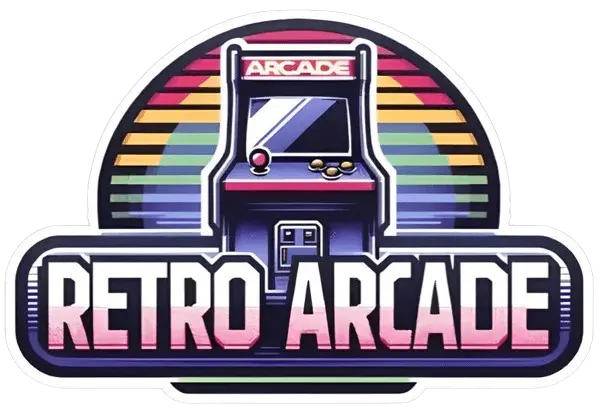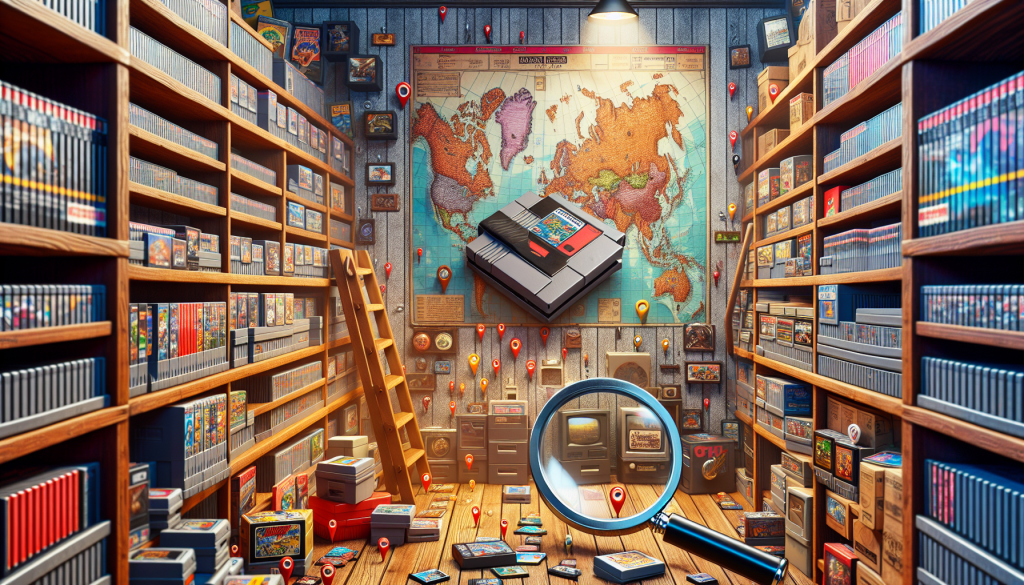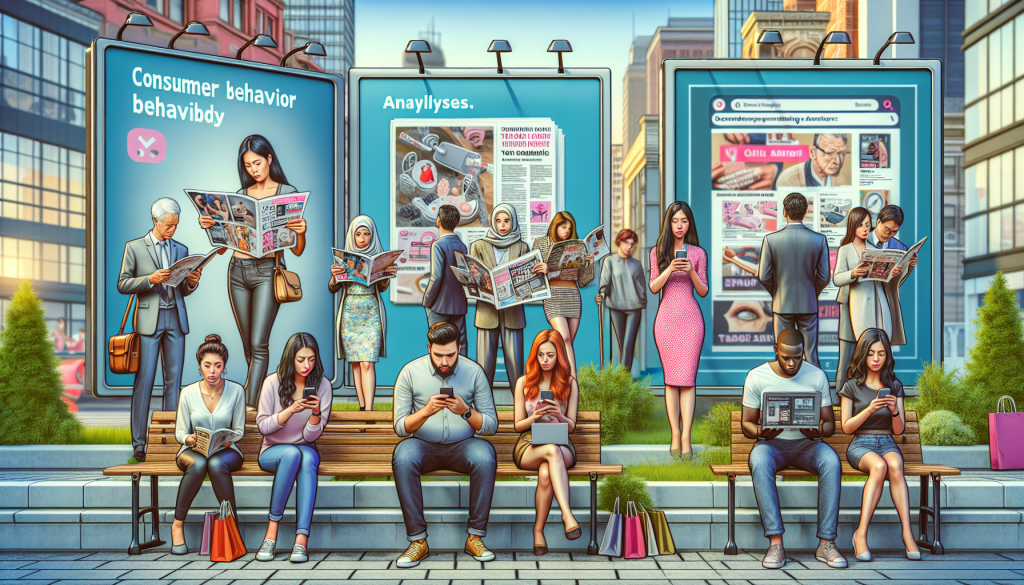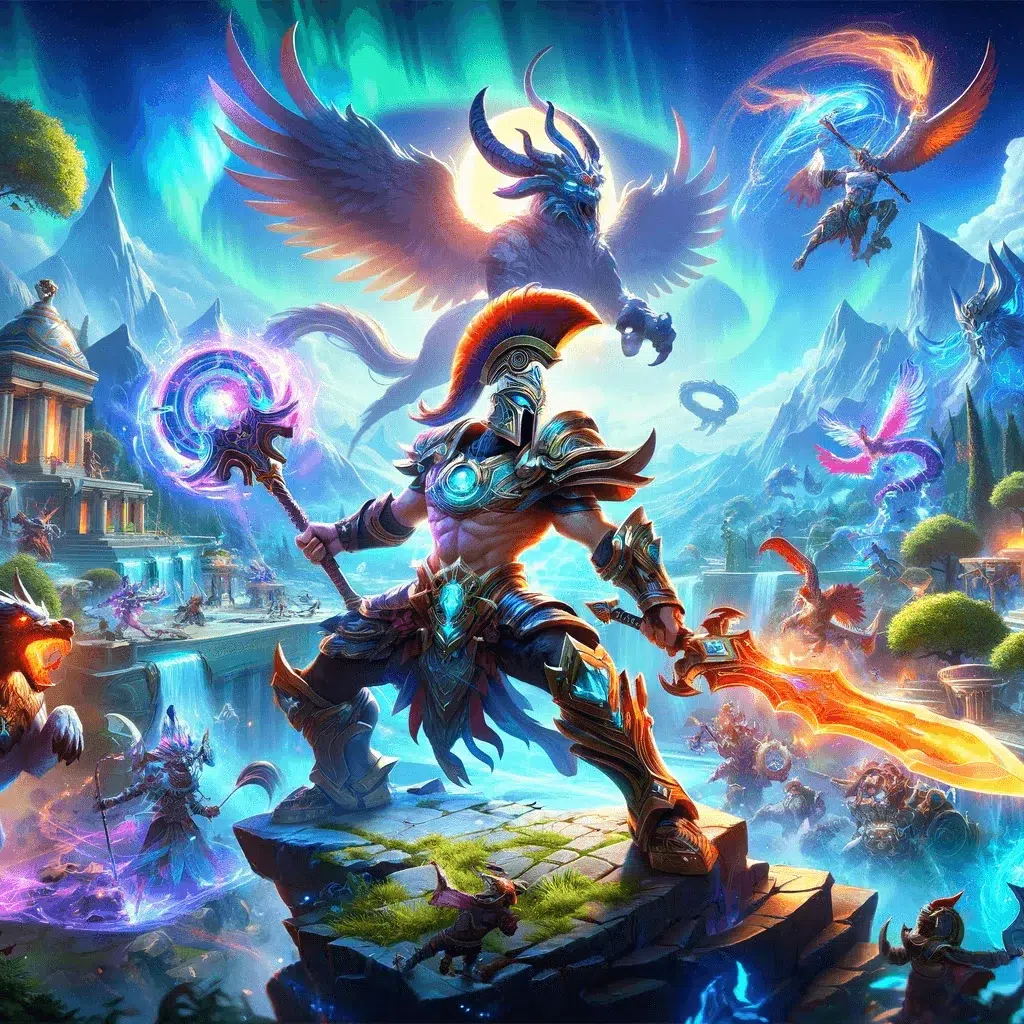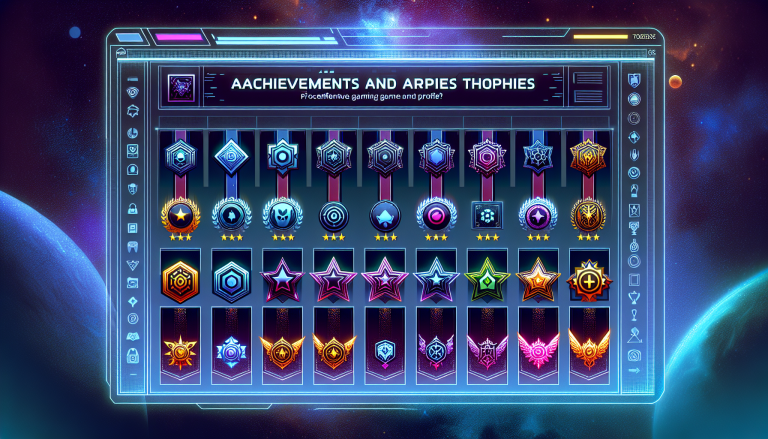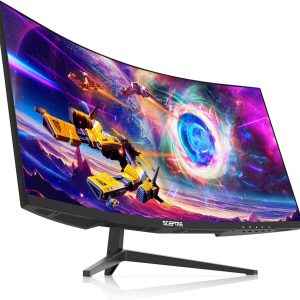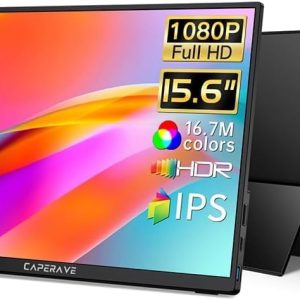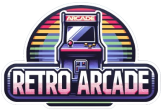The Evolution of Gaming Culture: From Arcades to Home Consoles
Can you remember when video gaming wasn’t just a fixture of home entertainment but a destination? The smoky, dim-lit arcades filled with the cacophony of digital sound effects, the jingle of coins, and the buzz of the crowd. Well, gaming sure has come a long way, hasn’t it?
So let’s take a ride back to the good old times when arcade games were king, and journey through the evolution of gaming culture from arcades to home consoles.
The Golden Age of Arcades
In the late 70s and 80s, arcades were the epicenter of gaming culture. Teens would flock to gaming arcades to try their hand at games like Space Invaders, Pac-Man, and Donkey Kong. It was a time when gaming was a communal affair, a chance to socialize, compete, and show off your gaming prowess.
- Space Invaders: The game that kick-started the arcade revolution. This was the moment when gaming shifted from a niche hobby to a mainstream pastime.
- Pac-Man: Arguably the most iconic arcade game of all time. It introduced characters and narrative to the gaming world.
- Donkey Kong: This game launched the career of a certain plumber who would go on to become Nintendo’s mascot. Yes, we’re talking about Mario.
The Shift to Home Consoles
But as the 80s rolled on, a powerful new player entered the scene – the home console. With the introduction of systems like the Atari 2600, Nintendo Entertainment System (NES), and the Sega Genesis, the landscape of gaming began to change. The appeal of playing video games from the comfort of your own home began to overshadow the arcade experience. The rise of home consoles marked the beginning of a new era in gaming culture.
Atari 2600:
The Atari 2600, launched in 1977, was one of the earliest home consoles to gain significant popularity. It brought favorite arcade games like Space Invaders and Asteroids right into the living room.
Nintendo Entertainment System (NES):
The NES, released in 1983, played a crucial role in reviving the gaming industry after the video game crash of 1983. It introduced us to beloved franchises like Super Mario Bros and The Legend of Zelda.
Sega Genesis:
Sega Genesis, known as Mega Drive outside North America, hit the market in 1988. It became a significant rival to Nintendo with popular games like Sonic the Hedgehog and Streets of Rage.
The transition from arcade to home console gaming wasn’t just a shift in how we played games, but also in how we interacted with them. Home consoles introduced the concept of gaming as a personal, at-home experience, often enjoyed alone or with family and friends. It was a defining change in the gaming culture, one that continues to shape how we game today.
The Phenomenal Rise of Online Gaming and the Emergence of Virtual Communities
For those of us who have been gamers for a while, it might be hard to remember a time when gaming was a solitary activity, confined to our living rooms or bedrooms. The advent of online gaming, however, has radically transformed the gaming scene, allowing us to play with others halfway across the globe and even forming our own digital communities.
Let’s take a quick trip down memory lane, turning back the clock to the early 2000s. It was during this time that games such as “EverQuest” and “Ultima Online” began to popularize the concept of massively multiplayer online games (MMOs). These games fostered a new sense of camaraderie and competition, enabling gamers to connect, interact, and play together in a shared virtual world.
Remember the thrill of joining your first guild? Or the sense of accomplishment when your team finally defeated that tough raid boss? Those are moments that only online gaming and the community it builds can provide.
Creating Virtual Communities
While online gaming has been a game-changer in itself, its ability to spawn virtual communities has been a truly transformative force in the gaming culture. Think of the friendships made, strategies discussed, and the sheer fun of shared gaming experiences. It’s clear to see how these online platforms have evolved into vibrant, active communities.
Just look at platforms like “Discord”, which gamers use to chat, plan, and strategize with their gaming buddies. Or the sprawling, user-created worlds of “Minecraft”, which serve as digital playgrounds for creative expression and imaginative play.
Playing a Role in Society
These virtual communities have also begun to play significant roles in society. They’ve become platforms for social interaction, cultural exchange, and even political discourse. Some have grown so large and influential that they’ve even impacted real-world events, such as when members of a “World of Warcraft” guild organized a virtual march to raise awareness for a real-life cause.
In essence, the rise of online gaming and the cultivation of virtual communities has completely reshaped what it means to be a gamer. We are no longer solitary players, but members of a vast, interconnected network of fellow gamers.
Role of Technological Advancements in Shaping Today’s Gaming Culture
From the moment we inserted the first coin into an arcade machine, technology has been the driver of gaming culture. And, boy, how far we’ve come!
Revolution in Gaming Graphics
One of the major leaps in gaming technology has to be the evolution of gaming graphics. Remember the pixelated characters of the 80s and 90s? Those blocks of pixels have transformed into life-like 3D models with the introduction of advanced graphic cards and software like DirectX and Unreal Engine. The extensive detail and realism these technologies offer create an immersive experience that draws gamers into the virtual world.
Bringing the Game to Life with Augmented and Virtual Reality
Speaking of immersion, let’s not forget about Augmented Reality (AR) and Virtual Reality (VR). They’ve turned the gaming world upside down and added a whole new dimension. With a VR headset, you’re no longer playing the game—you’re in the game. On the other hand, AR games like Pokémon GO have taken the real world and layered a game on top of it. These technologies have literally blurred the lines between reality and the gaming world.
Cloud Gaming: No More Hardware Constraints
- Google’s Stadia, NVIDIA’s GeForce Now, and Microsoft’s xCloud are some of the top players in this new age of gaming. Cloud gaming has removed the need for high-end gaming rigs. Now, all you need is a good internet connection. It’s gaming on demand, and it’s spectacular!
Artificial Intelligence in Gaming
Artificial Intelligence (AI) has also had a significant impact on gaming. AI allows for smarter and more challenging non-player characters (NPCs), enhancing gameplay and keeping players on their toes. Games like The Witcher 3 and Alien: Isolation are great examples of AI done right in gaming.
Technology Shaping Social Aspects of Gaming
Finally, technology has also played a pivotal role in shaping the social aspects of gaming. In-game chat, VoIP, and streaming services have allowed gamers to connect, collaborate, and share their experiences. Platforms like Twitch and YouTube Gaming have even turned gaming into a spectator sport, bringing gamers together in a whole new way.
Gaming technology is constantly evolving, changing the way we play and experience games. It’s an exciting time to be a gamer! So grab your controllers, strap on your VR headsets, and let’s see where technology takes us next.
Societal Changes and their Impact on the Gaming World
Video games have been a significant part of pop culture for decades. Over the years, societal changes have greatly influenced the evolution of the gaming world.
The Influence of Pop Culture
Pop culture has always had a strong influence on video games. From Mario being inspired by popular Italian stereotypes to FIFA mirroring the global love for soccer, popular culture continues to shape the narratives of many games. Gaming has evolved from simple entertainment to a reflection of our societies, mirroring trends, attitudes, and events that have societal significance.
Increased Diversity in Gaming
In the past, the gaming world was predominantly targeted at young males. But as society has evolved, so has the demographic of gamers. Today, people of all ages, genders, and backgrounds enjoy video games. Developers are now creating games that appeal to a wider audience, featuring characters of different races, genders, and sexual orientations. This shift towards inclusivity has not only increased the popularity of gaming but also broadened its societal impact.
Greater Social Awareness
Increased social awareness has also influenced the gaming world. As society becomes more conscious of issues like mental health, climate change, and social injustice, these themes are increasingly being reflected in video games. Games like “Hellblade: Senua’s Sacrifice” and “Night in the Woods” are tackling mental health themes, providing an immersive and interactive way to raise awareness on important societal issues.
Impact of Technological Advancements
Technological advancements have not just improved the gaming experience but have also influenced how society perceives gaming. The emergence of virtual reality (VR) and augmented reality (AR) technologies, for example, have taken gaming beyond the confines of living rooms and into the public sphere. This has led to a growing acceptance of gaming as a mainstream leisure activity.
The Future of Gaming and Society
As societal norms continue to evolve, the gaming world is expected to adapt and reflect these changes. From increasing diversity to tackling social issues, gaming is becoming a platform for meaningful conversations and societal commentary.
While the journey of gaming culture has been exciting so far, it’s clear that the best is yet to come. As the line between the virtual and real world continues to blur, games will undoubtedly play an increasingly important role in shaping and reflecting societal trends.
